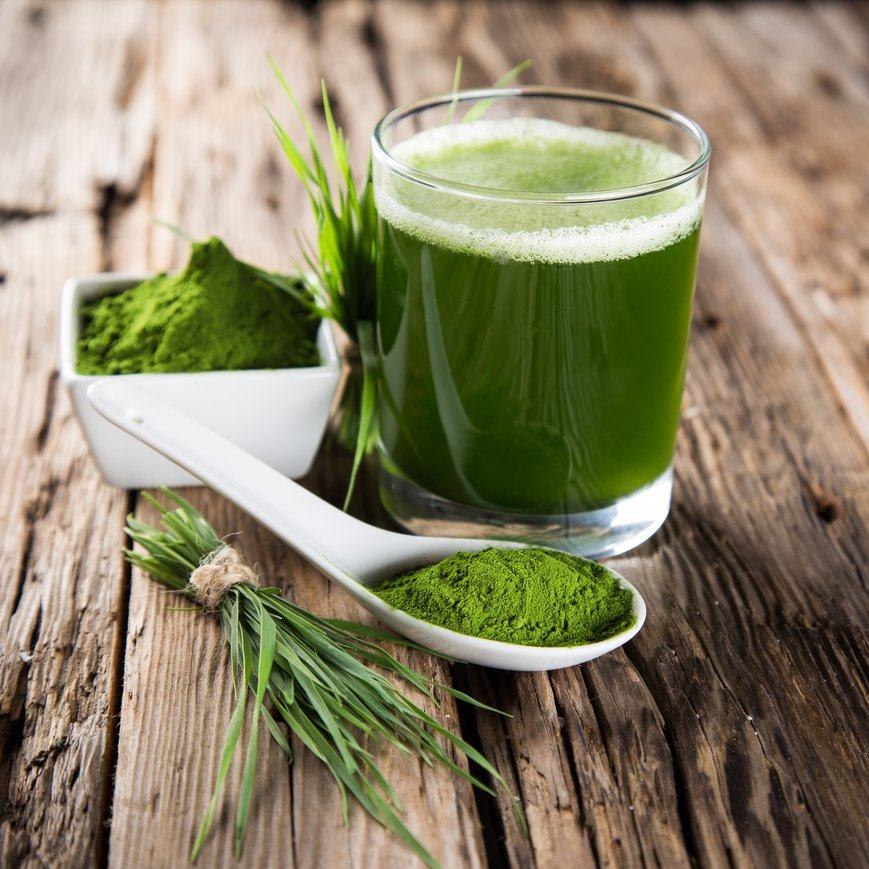Spirulina: A Superfood for Health and Wellness
Source: http://www.richportaltv.com
1. What is Spirulina?
Spirulina is a type of blue-green algae that thrives in both fresh and saltwater environments. It is often referred to as one of the oldest forms of life on Earth, having existed for over 3.5 billion years. Its remarkable ability to adapt to various climates and conditions has contributed to its evolutionary success. Known for its intense blue-green colour, spirulina is rich in essential nutrients and is widely considered one of the most nutrient-dense foods on the planet.
Spirulina has gained popularity as a superfood, commonly found in powder or tablet form and often added to smoothies, juices, and health supplements. The algae’s impressive nutritional profile is what makes it stand out, offering an array of health benefits that go far beyond just being a source of protein.

2. A Powerful Protein Source
One of the key reasons spirulina is highly praised in the health and fitness community is its protein content. Spirulina contains around 60% protein by dry weight, making it one of the most protein-dense foods available. To put this into perspective, spirulina’s protein content is twice that of meat. This high protein level, combined with its full spectrum of amino acids, makes it an excellent plant-based protein source, especially for vegetarians, vegans, or anyone looking to add more plant-based proteins to their diet.
In fact, spirulina contains all eight essential amino acids, which are the amino acids that our bodies cannot produce and must obtain through our diet. These amino acids are crucial for a wide range of bodily functions, such as building and repairing tissues, producing hormones and enzymes, and supporting the immune system. In this way, spirulina offers a complete and highly absorbable source of protein.
Not only does spirulina provide a complete protein profile, but it is also an excellent alternative to traditional animal-based protein sources. In addition to being rich in protein, spirulina is also packed with essential fatty acids, including omega-3s and omega-6s, which further support overall health.
3. Rich in Vitamins and Minerals
Beyond protein, spirulina is a powerhouse of vitamins and minerals. It contains vitamin B12, iron, magnesium, calcium, potassium, and phosphorus, along with a variety of trace minerals. Spirulina is particularly beneficial for people who may have a deficiency in B vitamins, especially vitamin B12, which is often lacking in plant-based diets.
Vitamin B12 plays an essential role in red blood cell formation, maintaining healthy nerve function, and preventing anemia.
Iron is crucial for the production of haemoglobin, the molecule responsible for oxygen transport in the blood.
Magnesium helps with muscle and nerve function, supports energy production, and regulates blood pressure.
Calcium is essential for strong bones and teeth and also supports nerve function and muscle contractions.
This combination of nutrients makes spirulina an excellent supplement for anyone looking to boost their overall nutrition, particularly those on plant-based or restricted diets.
4. A Rich Source of Antioxidants
Spirulina is packed with antioxidants, which are compounds that help protect the body from damage caused by free radicals. These free radicals are unstable molecules that can contribute to cellular damage and the ageing process, leading to an increased risk of chronic diseases. The antioxidants in spirulina, such as phycocyanin, beta-carotene, and zeaxanthin, help neutralize these free radicals, supporting immune function and reducing inflammation in the body.
Phycocyanin, the pigment that gives spirulina its distinctive blue-green colour, is a powerful antioxidant that not only helps fight free radicals but also has anti-inflammatory properties.
Beta-carotene is a precursor to vitamin A and is an important antioxidant for maintaining healthy skin, vision, and immune function.
Zeaxanthin is another antioxidant that plays a role in eye health, protecting the retina from oxidative stress.
These antioxidants make spirulina an effective tool for boosting the body’s natural defence systems and promoting overall well-being.
Progressive Overload: The Key to Continuous Progress in Your Workouts
5. Health Benefits of Spirulina
In addition to being rich in protein and nutrients, spirulina offers a wide range of potential health benefits:
Boosts Immune Function: The combination of vitamins, minerals, and antioxidants in spirulina supports the immune system and enhances the body’s ability to fight off infections.
Improves Cholesterol Levels: Studies have shown that spirulina can help reduce LDL (bad) cholesterol and triglyceride levels, while increasing HDL (good) cholesterol, promoting better cardiovascular health.
Supports Muscle Strength and Recovery: Due to its high protein content, spirulina can support muscle growth, recovery, and overall physical performance, making it a great supplement for athletes and fitness enthusiasts.
Detoxifies the Body: Spirulina may help detoxify the body by binding to heavy metals and other toxins, helping to eliminate them more effectively.
Aids Digestion: Spirulina contains enzymes that support digestion and improve gut health, promoting better nutrient absorption and reducing bloating.
6. How to Incorporate Spirulina into Your Diet
Spirulina is available in several forms, including powder, tablets, and capsules, making it easy to incorporate into your daily routine. The powder form can be added to smoothies, juices, soups, and salads, or mixed into water for a quick nutrient boost. Tablets and capsules are also convenient options for those who prefer a simple, no-mess supplement.
While spirulina is generally safe for most people, it’s important to start with a small dose to assess how your body reacts. A typical dosage is around 1-3 grams per day, although higher doses may be used for specific health benefits.
Conclusion
Spirulina is a superfood that offers a wide range of health benefits, including high-quality protein, essential vitamins and minerals, powerful antioxidants, and more. Whether you’re looking to boost your muscle growth, immune function, or overall nutrition, spirulina can be an excellent addition to your diet. As one of the most nutrient-dense foods available, it’s no wonder spirulina has earned its place as one of the top supplements for health and wellness enthusiasts.
